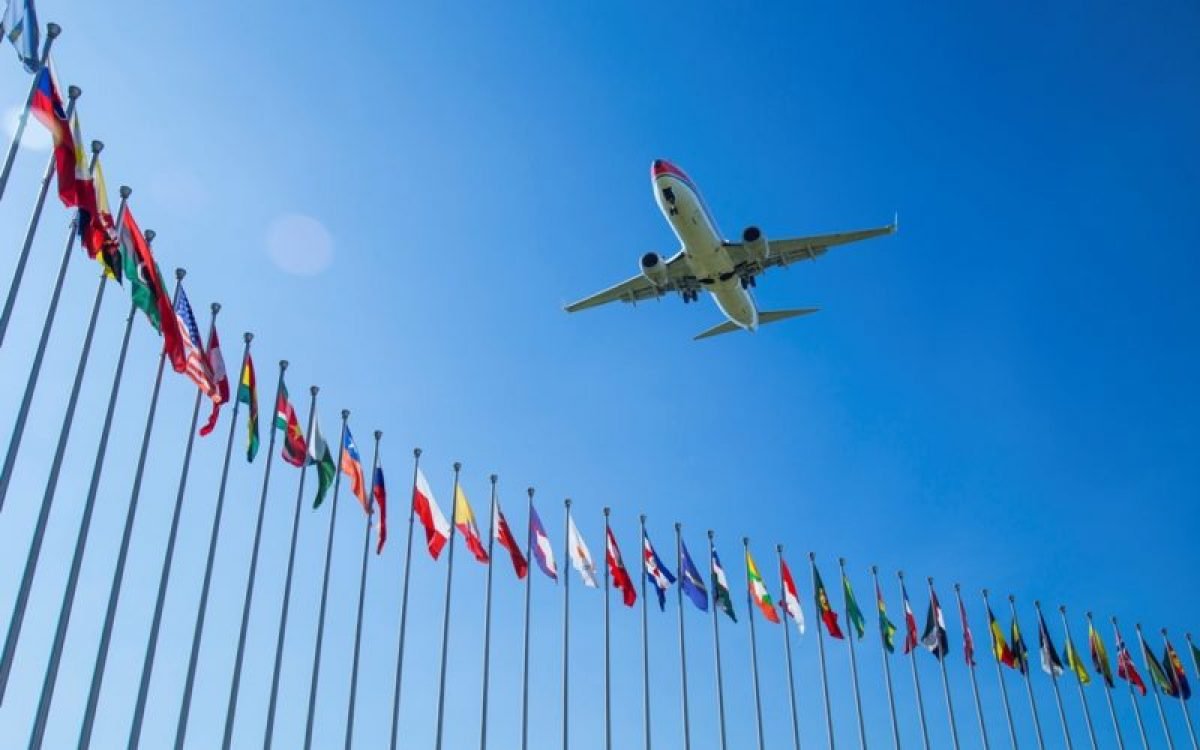SDG 9: Build Resilient Infrastructure, Promote Inclusive Industrialization, and Foster Innovation
International Civil Aviation Organization (ICAO)
The International Civil Aviation Organization (ICAO) is a UN agency that regulates international air transport. Headquartered in McMUN’s host city of Montréal, the body adopts standards that promote the sustainable development of the international aviation industry. As a UN committee, the ICAO must create policies and enact changes to meet the UN’s Sustainable Development Goals (SDGs).
Today, aviation is one of the most environmentally harmful industries. Air traffic contributes approximately 2.4% of the world’s carbon emissions, making it one of the largest sources of pollution. As such, one of the main roles of the ICAO is to review air traffic laws to lower carbon emissions and decrease the industry’s environmental impact. There are an average of 9,728 planes carrying 1,270,406 passengers in the sky at any given time. This allows people to travel and visit the world, which is key to creating an informed and accepting global population. However, commercial air travel is one of the most costly industries with most commercial planes flying at about 80% capacity during off-travel seasons, making them unnecessary flights that contribute significantly to emissions. Additionally, airlines are increasingly focussing on luxury products, which, although profitable, carry fewer passengers per kilogram of carbon emitted.
To limit the negative impact of commercial air travel on the environment, delegates will have to grapple with these and other issues in aviation and find new regulations for commercial air travel. These environmental priorities will have to be balanced with promoting tourism and international travel to ensure the long-term viability of the industry as a whole. While this will no doubt be a challenge, we are confident that delegates will be able to come up with innovative solutions to ensure the world remains connected by air traffic. If you have any questions or concerns about this committee, please feel free to email us. The Dais is excited to meet all of the delegates at McMUN 2025!
Please note that all committee sessions on Friday will be held at the ICAO headquarters




